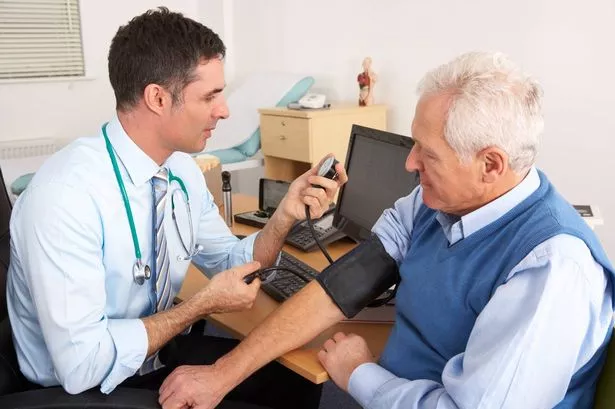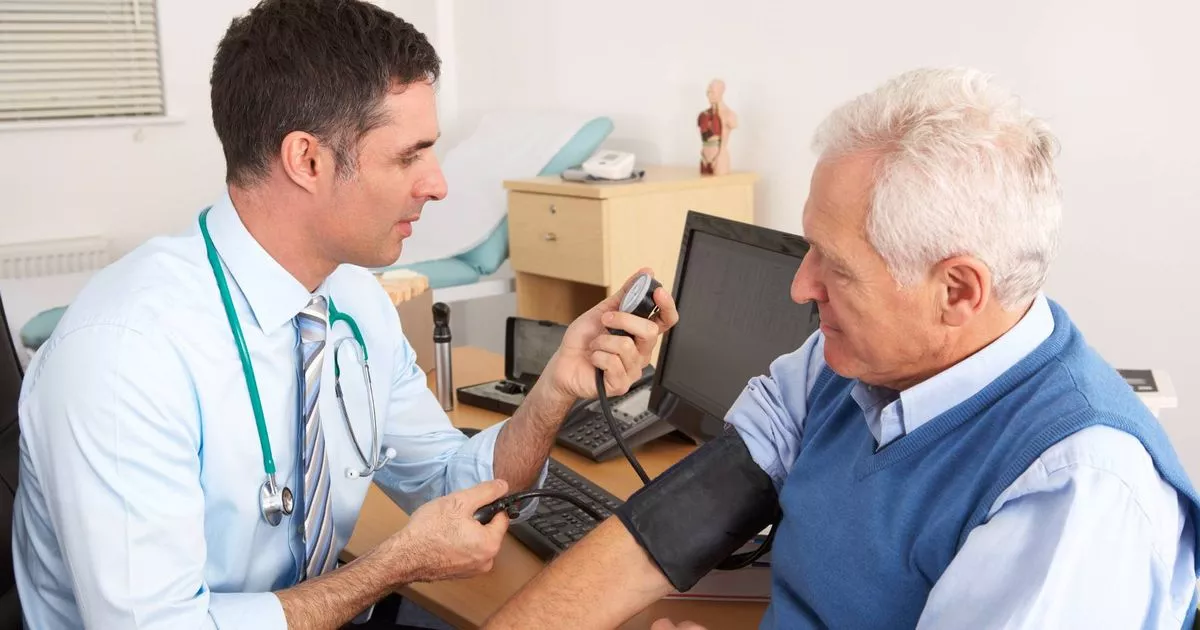An NHS doctor has shared the big changes coming to GP surgeries from October 1 and what patients need to know Routing checks could identify those who might need help in future years(Image: Getty Images)
Routing checks could identify those who might need help in future years(Image: Getty Images)
From October 1, GP surgeries will operate set hours and an NHS doctor has indicated that other significant changes are on the horizon too. Starting next month, all surgeries will comply with NHS England’s new charter “You and your general practice”.
Dr Tim Mercer, who dispenses medical advice on TikTok, mentioned one major change that patients “will be happy about” was that “practices can’t just say: ‘Just call back tomorrow at 8am’.” From October 1, GPs must be accessible from 8am to 6.30pm, Monday to Friday, and during these hours they can be reached in person, by phone, online or via the NHS app.
“Whether you make your request by phone, online or visiting the practice, you have to give us some details and then we can assess what is best for you based on your clinical need,” Dr Mercer explained, reports the Mirror. “We will consider your request for an appointment or for medical advice and tell you within one working day what will happen next,” he added.
From October 1, requests could result in an appointment “that day, the subsequent day, or it might just be a text message or advice to go to the pharmacy or another NHS service”.
“Your practice will decide what is best for you based on your clinical need,” NHS England advised on its website. “Your practice cannot tell you to just call back the next day.
“You might be offered a face-to-face appointment or a phone call with a GP or other member of the practice staff, like a nurse or pharmacist,” the service added. “If you have a carer, they can speak for you with your consent.
“You can ask to see a preferred healthcare professional, and the practice will try to meet your request, although you might have to wait longer for that person to be available. It can be helpful to see the same healthcare professional, particularly if you have a long-term health condition.”
In the meantime, the NHS has provided several suggestions on its website to aid in the process and transition:
1. Be prepared: Before an appointment, think about writing down your symptoms, what you are worried about and what you want to talk about.
2. Be on time: Being late for an appointment or being unavailable for a timed call-back can affect other patients.
3. Cancel if needed: If you can’t go to your appointment, tell the practice as soon as you can, so that they can offer it to someone else.
4. Use the NHS App or website: If you’re confident using smart phones or computers, you can book or cancel appointments, order repeat prescriptions and see your test results online.
5. Turn on notifications: If you use the NHS App, turn on notifications so the practice can contact you more easily. Please keep an eye out for messages.
6. Order repeat medicines on time: Make sure you ask for repeat prescriptions on time, so you don’t run out, and only order what you need.
7. Join the Patient Participation Group: You practice will have a group of patients who can offer feedback on the services it delivers. Your practice website should explain how you can join.
Full guidance, provided by the NHS can be found here.

